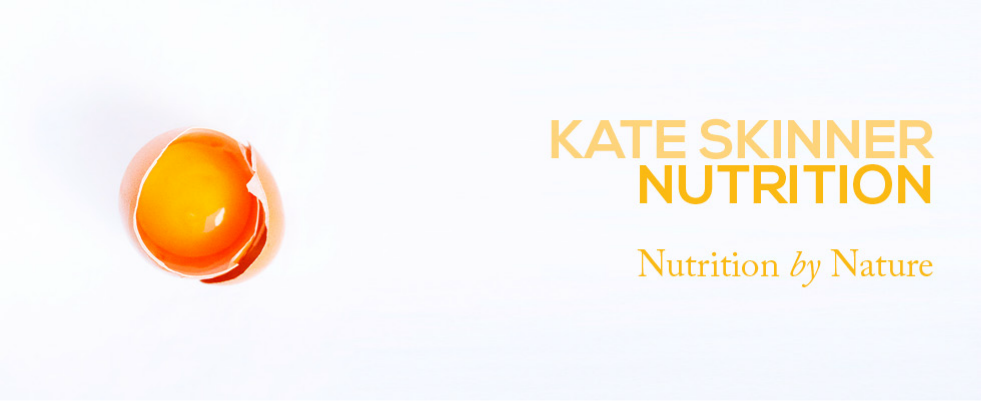Public health guidelines, food pyramids and plates, high-fat, low-carb, vegan, vegetarian, low-GI, high-protein, low-sugar, low-fat, low-cholesterol, Paleo, Atkins, fruitarian, alkaline, blood type diets, raw foods, fasting, cleanses, detoxes… it’s a minefield of weird and wacky, contradictory nutritional information and dietary advice out there. Most of it is utter nonsense.
We’re inundated with opinions, pushed and pulled in every direction and at the end of the day, more confused about what to eat than ever. When it comes to looking at nutrition from a physiological perspective, for the individual person in the context of the modern world, I personally disagree with the majority of what the mainstream deems to be “healthy”. The foods and specific nutrients that end up being most conducive to a well-primed metabolism would surprise you.
One of the common questions that I field from clients and readers is how best to avoid water retention. I see countless people who do everything they can to avoid “puffiness” (particularly women, around menstruation) in order to feel ‘leaner’ – they typically reduce salt and increase water intake drastically (which of course is what is widely recommended).
I thought I’d tackle the problems surrounding these strategies (reducing salt, increasing water) to try to combat water retention, to explain how in actual fact, they’re much more likely to amplify the problem, rather than solve it. Ultimately, decreasing sodium (salt) in the diet will increase water retention, not the other way around.
Welcome to Q&A Mondays! Each Monday, I'll endeavour to answer some of the health questions sent in by readers via email, or that have been posted on the Nutrition by Nature
Facebook page.
This week, Stuart asks via email:
The proponents of calorie restriction, and intermittent fasting state that it reduces the levels of circulating IGF-1 [Insulin-like Growth Factor 1], which gets upregulated by a "high protein" diet. The higher levels of IGF-1 apparently lead to a shorter lifespan, and increase your risk of tumour (according to animal studies anyway).
A) Do you believe this is true, despite these methods going against having a high metabolism?
B) Is IGF-1 secreted independently of insulin, and mainly in response to protein intake?
Potatoes get such a bad rap. Nutritionally-speaking, they’re an excellent source of vitamin C, B6, thyroid-supporting carbohydrates, some usable protein, and are one of the vegetables that contain the least natural plant toxins*. What’s more, they’re an excellent vehicle for other tasty and nutritious foods – butter, salt and cheese (you think I’m kidding, but I assure you I’m not).
“One of the greatest hindrances to the achievement of great health and vitality is the widespread notion that we should exercise as much as possible and eat as little as possible” Matt Stone, obesity researcher & health writer
‘Health nuts’ seem to go a little nutty over nuts… raw and roasted nuts, trail mix, nut spreads, bars and milks are the dietary darlings of the health conscious. However, nuts and seeds certainly aren’t the ‘superfoods’ you might believe them to be.







